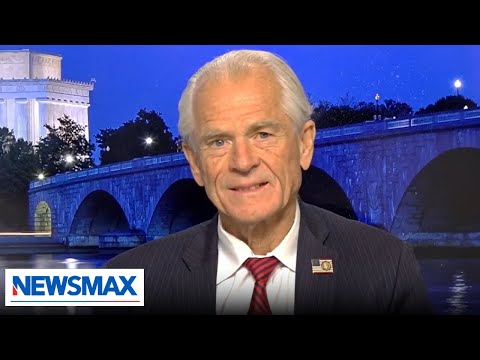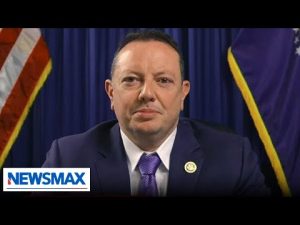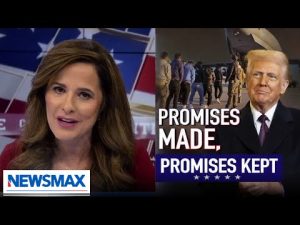President-Elect Trump has decided to bring back a familiar face to the White House—Peter Navarro. Known for his sharp wit and even sharper ideas about trade, Navarro is set to serve as Trump’s senior counselor for trade and manufacturing. This appointment comes on the heels of a rather colorful year for Navarro, who just spent four months behind bars for defying the January 6 committee. But it seems like he’s ready to jump back into the fray, bringing his talents to the cabinet once again.
Navarro’s enthusiasm is palpable as he prepares to rejoin the Trump administration. He likens his mission to a famous movie about a marching band, saying that his job will be about ensuring that all the government agencies are on the same page when it comes to pushing the “Buy American” agenda and boosting the manufacturing sector. In his eyes, American manufacturing deserves a monumental comeback, much like Trump’s impressive political resurgence. It might just be the perfect time for Navarro to channel his inner bandleader and synchronize the motives of D.C. with the rhythms of American industry.
A significant part of Navarro’s strategy involves tariffs, which he considers not merely a tool for negotiation but an essential component for protecting the American manufacturing base. He harkens back to the economic thoughts of Alexander Hamilton, who championed tariffs as a method of defending domestic industry. Navarro believes that tariffs can level the playing field against countries that impose higher trade barriers against American products, which ultimately leads to trade deficits. Targeting these barriers can help ensure that American workers—including those from diverse backgrounds—can compete fairly in the global marketplace.
The conversation around tariffs often heats up as critics argue that they might hinder free trade. However, Navarro challenges this view, suggesting that the so-called free market has allowed countries like China to exploit loopholes to the detriment of American jobs. He insists that the term “free trade” is misleading and argues that it has simply facilitated the export of jobs overseas. According to him, the reality is that many trading partners erect barriers that make it nearly impossible for American products to succeed abroad, and that must change.
One pressing issue of concern for Navarro will be the phenomenon of “trans shipping,” where goods shipped from China are rerouted through countries like Mexico to avoid tariffs. This clever tactic allows foreign manufacturers to get around U.S. tariffs, and Navarro aims to address this challenge head-on. He maintains that addressing these sneaky tactics will be essential in safeguarding American interests and ensuring that the manufacturing sector can thrive without facing unfair competition. As he settles back into his role, there’s no doubt that Navarro is ready to tackle the challenges head-on and stir up a few waves in the process.



